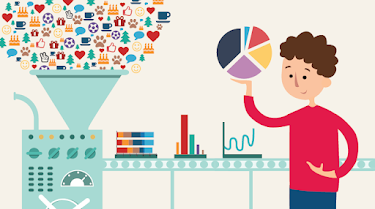Computers are electronic devices that can be programmed to perform a wide variety of tasks, from simple calculations to complex data analysis and manipulation.
Here are some basic concepts related to computers:
Hardware: This refers to the physical components of a computer, such as the central processing unit (CPU), memory, storage devices (such as hard drives and solid-state drives), input devices (such as keyboards and mice), and output devices (such as monitors and printers).
Software: This refers to the programs and applications that run on a computer. Common types of software include operating systems (such as Windows and macOS), productivity applications (such as Microsoft Office), web browsers, and multimedia applications.
Operating system: This is the software that manages a computer's hardware resources and provides services to other software applications. Common operating systems include Windows, macOS, and Linux.
File system: This is the method by which a computer organizes and stores data on a storage device such as a hard drive. Common file systems include NTFS (used by Windows), HFS+ (used by macOS), and ext4 (used by Linux).
Network: A network is a group of computers and other devices that are connected together to share resources and communicate with each other. Networks can be wired or wireless, and can be used for a wide variety of purposes, from sharing files to accessing the Internet.
Internet: The Internet is a global network of computers and other devices that are connected together to share information and resources. It is accessed using web browsers such as Google Chrome, Firefox, and Safari.
These are just a few of the basic concepts related to computers. As you continue to learn and explore the world of computing, you will encounter many more terms and concepts that are important to understand.













No comments:
Post a Comment